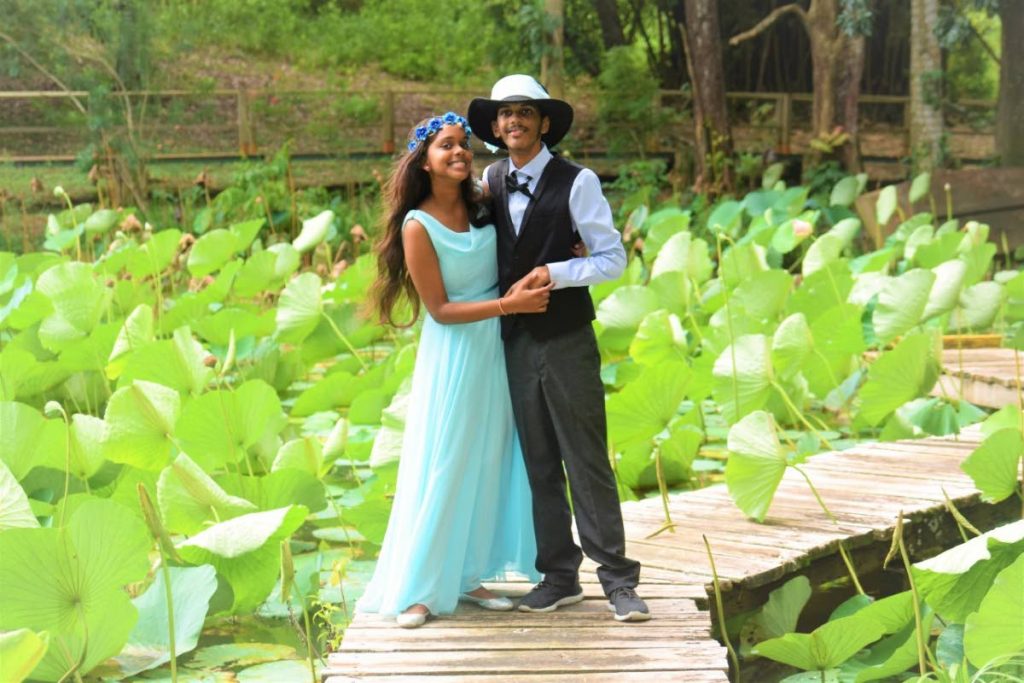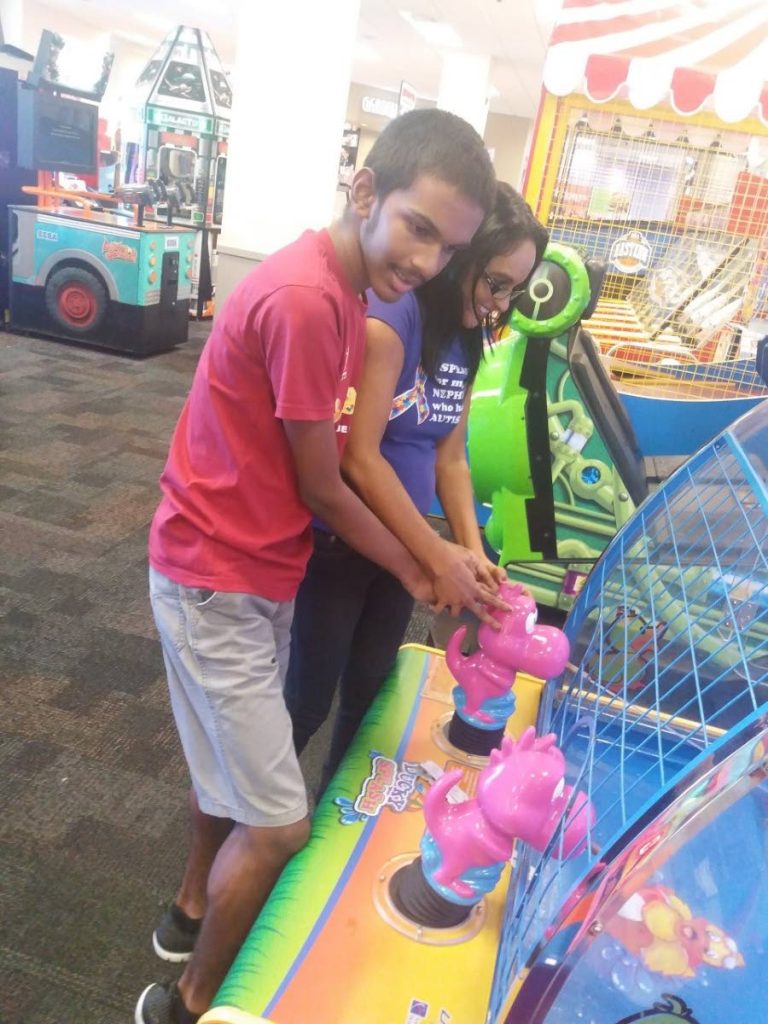Lessons learnt during this autism journey

DR RADICA MAHASE
This week, my nephew Rahul will celebrate his 17th birthday. There were many challenges we faced over the years – getting him diagnosed; being turned down by one pre-school after the other; paying one therapist $1,800 to do an assessment, only to be told that she couldn’t work with him, amongst others.
As he grew older the nature of the challenges changed but they never went away. The only difference is we learnt to find ways to help him as best as we can given the limited resources in TT. Most importantly, we learnt to embrace the journey, challenges and all.
The first step in the autism journey is to change the way in which you perceive a special needs child. If as a parent or caregiver you look at autism as a disability, something that your child is "suffering from," and you believe that your child will never be "normal" or never have a "normal" life, then your struggles will be even greater. You will always be trying to change your child, to make your child "normal" and in that process you will not really embrace your child as the special, unique individual he/she is.
On the other hand, if you accept that your child is truly unique and different, but that difference doesn’t make your child lesser in any way, then you will be more likely to spend less time trying to make your child "normal" and more time recognising your child’s unique talents. You will be in a better place mentally to help your child develop his/her talents; to appreciate what they can do rather than focus on what they can’t do and generally, to fully accept and appreciate your child, autism and all.
Another useful strategy is to become your child’s advocate. First, don’t expect everyone – friends, family, the community, even teachers – to understand and accept your child. And when the people with whom you interact don’t understand your child, say negative things or refuse to interact with him/her, then educate them. Don’t wait for someone else to correct them and certainly don’t expect them to educate themselves.

Remember it is your child, you have to stand up for your child in the face of criticism and most importantly, you have to protect your child.
When Rahul was younger, most of the people around us didn’t know about autism. Some of the comments we got were “children like him should be kept at home," and, “so he can’t really do nothing, then.”
Comments like these just show people’s ignorance and are a reflection of them, not Rahul. We would correct them by educating them, explaining to them about autism and now we have a stronger community of friends and family who understand and accept him.
It is very necessary to develop a thick skin when you have a child with special needs. That means being able to stand up to all the talks and criticisms and not taking the focus away from your child in the midst of all that. Translated into action, it means taking your child out in public despite the stares and/or comments, it means allowing your child to be a part of society.
It would also help if parent encourage a strong relationship between their special needs child and his/her siblings. It takes an extra effort to make sure that each child in the family gets the same attention. However, when parents encourage their children to socialise together, both within and outside of the home, to and teach them to understand each other, it takes away some of the stresses in family life. In our case we made sure that, from a very young age, Maya was always a part of her brother’s journey – going to therapy, interacting with him at all levels, volunteering at his school, attending camp with him and so on. Today, she is his biggest advocate.
As we start another year of our special autism journey, thank you to everyone who has been a part of his life, who has helped us to deal with the challenges in whatever way. We know that there will always be people who might never understand children like him or feel that he is not worthy enough because in their minds he is not "normal." These people are irrelevant in our journey because to us, he is the most amazing boy ever and we love him unconditionally.
Happy 17th birthday, Rahul.
Radica Mahase is the founder/director of Support Autism T&T


Comments
"Lessons learnt during this autism journey"